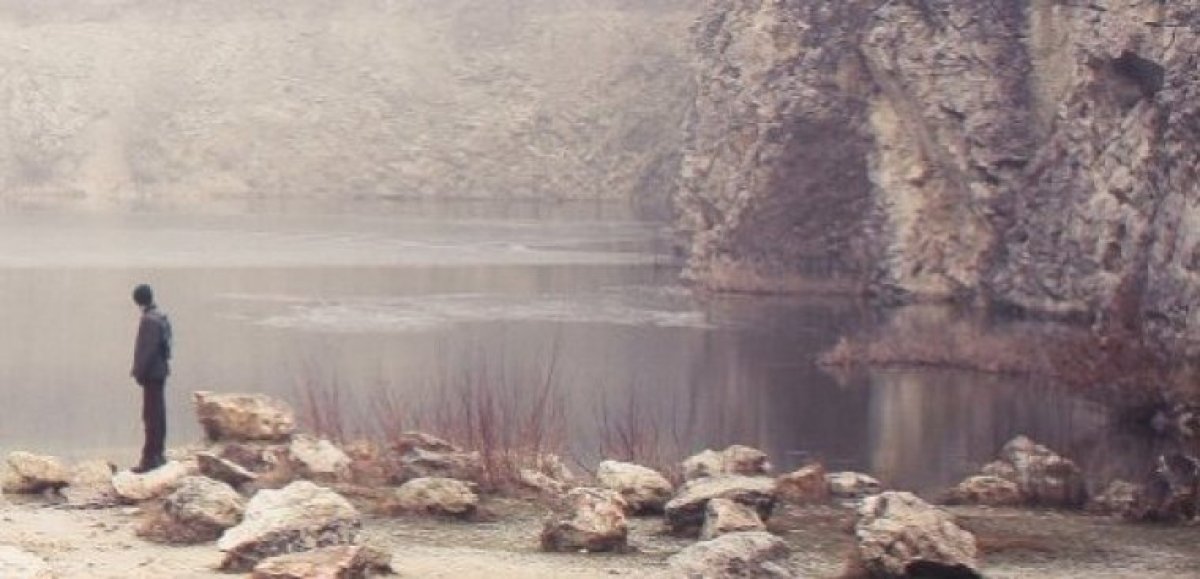There is an inescapable principle at work in Scripture. It is prevalent from the first few chapters of Genesis to the end of Revelation. It is a principle that is applied to the greatest servants of the Lord. It is a principle that is painful and time consuming in its application, but necessary to the process of preparation that every saint greatly used of God must go through. I imagine that this principle is offered most clearly to the church planter in the early years of his ministry.
It is the principle of obscurity. The principle of being unknown, inconspicuous, or unimportant—downgraded, if you will, for a season. The principle of obscurity is applied quite liberally, and membership to the club of obscurity is not all that exclusive.
- Noah: Who alone found grace in the eyes of the Lord toiled for 120 years performing a seemingly unnecessary and unimportant work.
- Moses: Having grown up prestigiously in Pharaoh’s presence fled to the backside of the desert until he was 80 years old before God visited, taking him from obscurity to greatness.
- David: Anointed king over Israel as a young man didn’t assume the throne for more than a decade. After his victory over Goliath, he spent years on the run, hiding out in caves from King Saul. He mostly lived in obscurity, surviving in the wilderness.
- Joseph: His father’s favorite son, clearly chosen by God, was thrown in jail because of the false report of Potiphar’s wife. He spent time in the prisons of Egypt, wondering if he would ever see the light of day again—completely forgotten.
- Elijah: Was hidden by the brook Cherith. He remained camped there in the company of ravens which God used to feed him. Much to his chagrin the stream dried up, but God had used it to ready Elijah for the next phase.
- John the Baptist: The great voice spent most of his adult life in the wilderness. No distinction, no prominent place of ministry, no acceptance by the masses. Only years of silence, solitude, and obscurity.
- Paul: Educated above the common man with a résumé that secured prominence went from the company of the Sanhedrin to escaping in a basket under cover of darkness.
The weather related phrase, “In like a lion, and out like a lamb,” comes to mind in each of these stories. It is a transformation that must come to all of us. There must be death to self, and a life marked by death can only be cultivated in protracted periods of time in obscurity. We tend to forget that God is just as interested in doing something in us as He is in doing something through us. You see, there are valuable lessons that can only be learned by applying the principle of obscurity.
1. The Lesson of Dependence
We applaud the independent spirit, the do-it-yourself type, but is that what God is looking for? When we live like we can make it on our own we forget that God is in complete control. God prefers to use the bruised and the humbled person to accomplish his work. We must come to the end of ourselves and learn that there are moments when God puts us in a place where we are emptied of self and completely dependent on Him.
2. The Lesson of Humility
We would imagine that Moses was ready to lead Israel in his youth. We would think that David was certainly more capable of being the king over impetuous Saul. Elijah should simply move rapidly from victory to victory, and Joseph should avoid prison. John the Baptist should rise to prominence being loved by the masses if it were up to us. The reality is God goes to work on our pride and our flesh in the years of obscurity so that he might get us to the place where He may then exalt us.
3. The Lesson of Adaptability
There is often nothing more challenging to a human than an unscheduled detour in life. We are strategists and planners both setting our own pace and scheming our life story. God chooses to alter our path to mold us and fit us perfectly to His work. Unscheduled detours are where He teaches us adaptability. He teaches us a willingness to let go of what we want, and to accept what He is doing.
4. The Lesson of Faithfulness
The hardest thing to do during the years of obscurity is to endure and to remain faithful. This could perhaps be termed the lesson of patience. Opportunities for quitting and collapsing wait anew every morning. One of the lessons that God is teaching us in the times of seeming neglect is to continue on. If we don’t endure these seasons, we will never reap the reward that He has planned to give us; if we do not remain faithful, we will never reach the end that He has planned for us, equipping us to know perfect fulfillment and the joy of accomplishing His will.
Without the principle of obscurity we fail to learn these lessons. It is always a challenge to wait; in fact, it goes directly against the grain of our human nature. It may be that discouragement is ready to pounce as you are left to wonder whether or not the obscurity will ever end. It may be that you lack the depth necessary for the next step, the wisdom for the next decision, or the experience for the next phase, but God is at work in you. He is developing you while you labor in the shadows. The prominence of Sunday morning is forged in the obscurity of the study, and there are no shortcuts.
F. B. Meyer said it beautifully:
As you go down the long corridor you may find that He has preceded you and locked many doors which you would fain have entered; but be sure that beyond these there is one which He has left unlocked. Open it and enter, and you will find yourself face to face with a bend of the river of opportunity, broader and deeper than anything you dared to imagine in your sunniest dreams. Launch forth on it; it conducts to the open sea.



